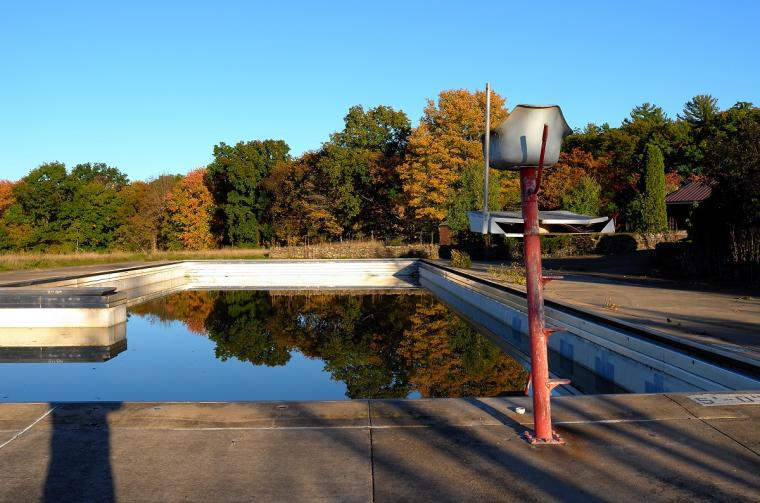

Aquatic facility operators are facing a monumental labor shortage right now. The number of available lifeguards dried up last summer in the wake of the coronavirus pandemic, and the trend appears to be continuing.
At least one-third of all public pools in the United States are at risk of reducing hours or closing entirely due to a lack of lifeguards, according to the American Lifeguard Association. “Regretfully, it’s probably going to be the worst summer,” ALA director Bernard Fisher told Newsweek.com. “We have 309,000 public pools in the U.S., but we don’t have the youth in the ratio to the population. … We won’t have the staff to do the rotation, or we won’t have the staff we’d like to see. Some of these kids haven’t been in the water in two years. Not only do we have a lifeguard shortage, but now we don’t have enough kids who know how to swim, who can’t become lifeguards in five to 10 years.”
In the past, many lifeguards returned to the job year after year, but with outdoor facilities closed in 2020 — and for possibly all or part of 2021 — they found work elsewhere.
In Omaha, Neb., 10 of the city’s 15 outdoor swimming pools are expected to operate for only half of the summer’s nine-week season, with the other five pools remaining closed all summer. Same story in Overland Park, Kan., where city officials announced in April that they likely will have only enough guards to open three of five municipal pools.
The situation is even more dire in Fairfield, Mont., where only one lifeguard application had been received as of late March to work the summer season at the town-owned pool.
Some municipalities are banking on the theory that increased pay will result in more applicants. The Phoenix (Ariz.) Parks and Recreation Department offered a $2,500 incentive to would-be lifeguards who receive their certification and work the entire 2022 season. The hourly base pay for Phoenix lifeguards is $14.02, according to phoenix.gov.
Similarly, the Massachusetts Department of Conservation and Recreation is offering a $500 “retention bonus” to lifeguards who work at the state-run beaches or pools for the duration of the summer. An early bird offer also included a $500 bonus for lifeguards who committed prior to March 27. The department also raised the hourly rate for lifeguards this year to between $21 and $26.
“The state parks system’s beaches and pools are popular places for people of all abilities to visit and enjoy the summer with friends and family, "Energy and Environmental Affairs Secretary Kathleen Theoharides said in a statement. ”Lifeguards keep our beaches safe, and working in this essential role can be a rewarding career with good compensation so I encourage anyone interested to apply to join our team.”
The Ocean City Beach Patrol in Maryland increased its starting wages for lifeguards to $17.75 per hour this summer, which officials said has helped recruitment efforts. “For the first time, I think we’re going to be competitive with other beaches in the area,” longtime Beach Patrol Captain Butch Arbin told the Maryland Coast Dispatch. “We have been behind for a couple of years compared to smaller beach patrols in the area.”
That said, he suggested that first-year lifeguards need an incentive to return the following season. “We have no second-year increases,” he said. “There is no real incentive to come back a second year. We’re the only beach patrol in the area that doesn’t have a retention bonus.”
Other facility operators are taking a different approach to dealing with the current lifeguard shortage. Consider the Indian Land (S.C.) YMCA, where management invited former lifeguards who are now older adults to take shifts in the lifeguard chair. The Y had at least three lifeguards who would be classified as senior citizens on it staff in April and was looking to hire more.
The strategy of attracting retirees who were former lifeguards — or those who swim for exercise and would be open to lifeguard training — might be the best one, according to ALA’s Fisher. “The solution is tapping the retirees and just getting the word out,” he told Newsweek.com. “It’s a ten-year plan that we need, it’s not going to be a short fix. [But] there are opportunities, [and] we need to target retirees.”

